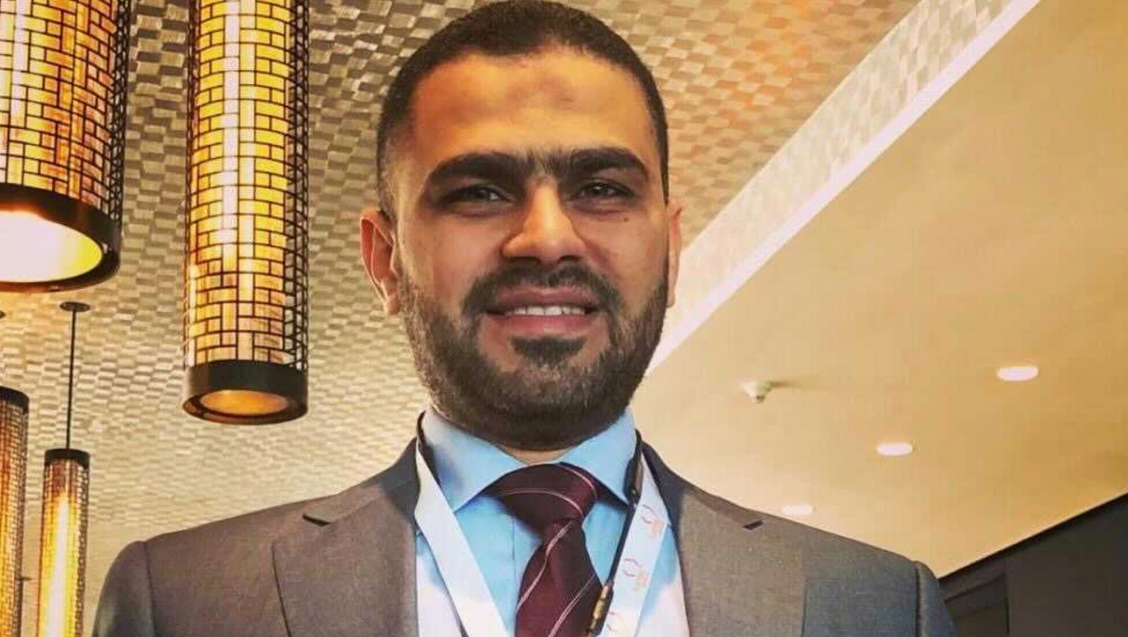
Dr. Usama al-Hasani is facing the threat of extradition from Morocco to the Kingdom of Saudi Arabia, after he was arrested on 8 February 2021, within hours of his arrival in Morocco from London. Dr. al-Hasani holds a doctorate degree and is a former professor at King Abdulaziz University in Jeddah.
Moroccan authorities said that al-Hasani, who holds dual Saudi and Australian citizenship, is facing a criminal case in Saudi Arabia, and Saudi Arabia requested he be handed over in light of the legal cooperation between the two countries. Al-Hasani’s extradition to Saudi Arabia violates international law, particularly given its oppressive methods and use of torture in prisons, as well as violations by the Saudi judiciary and lack of trust in its ability to render justice.
A hearing on his extradition is expected to be held on Monday, 8 March 2021. Morocco’s lack of judicial independence and the repressive collusion between Saudi Arabia and Morocco necessitate urgent action by Australian authorities to protect its citizen from being deported to Saudi Arabia, which has a poor record in justice and human rights.
Al-Hasani’s family has expressed their fears for his well-being, especially given the ambiguity surrounding the nature of the charges against him. They also noted that he had arrived in Morocco to see his four-month-old child and is being mistreated by Moroccan authorities who attempted to force him to sign an agreement to be extradited to Saudi Arabia without a trial, but al-Hasani refused.
Citizens sought by Saudi Arabia for extradition are subjected to abuse and oppression. They may be arbitrarily arrested immediately upon receipt, subjected to unfair trials, and given long and arbitrary sentences. ESOHR’s expressed fears are based on multiple cases in which several governments have colluded with Saudi Arabia. Those governments usually have their own poor human rights record similar to Saudi Arabia’s.
On 10 April 2017, the Philippines returned a young woman, Dina Ali, to Saudi Arabia as she was headed to Australia to seek humanitarian asylum. On 25 May 2017, the state of Qatar forcibly returned human rights advocate Mohammed Al-Otaibi to Saudi Arabia; he was subsequently sentenced to 14 years in prison after an unjust trial. On 12 May 2018, the Kuwaiti government handed over the poet, Nawwaf Talal al-Rashid, to Saudi Arabia after he traveled to Kuwait from Qatar. On 5 March 2019, Oman forcibly returned a young man, Ahmed Tariq al-Faraj (born 1999), to Saudi Arabia, where he remains in arbitrary detention.
ESOHR confirms its grave concerns for the well-being and freedom of Dr. al-Hasani, especially given the Saudis’ use of torture, trials lacking the minimum conditions for justice, and the death penalty.
ESOHR stressed that Morocco’s extradition of al-Hasani is a violation of international law, as the Convention Against Torture and Other Cruel, Inhuman, or Degrading Treatment or Punishment—which Morocco ratified in 1993—prohibits the extradition of accused persons to a country where they may likely be subjected to torture.
The role of Australian authorities in saving al-Hasani is critical, and the arguments provided by Saudi Arabia to justify his arrest cannot be trusted. Saudi Arabia consistently sends many arrest requests to numerous countries, but they often ignore those requests because Saudi Arabia lacks credibility and many of these cases only aim at retaliation and repression.
